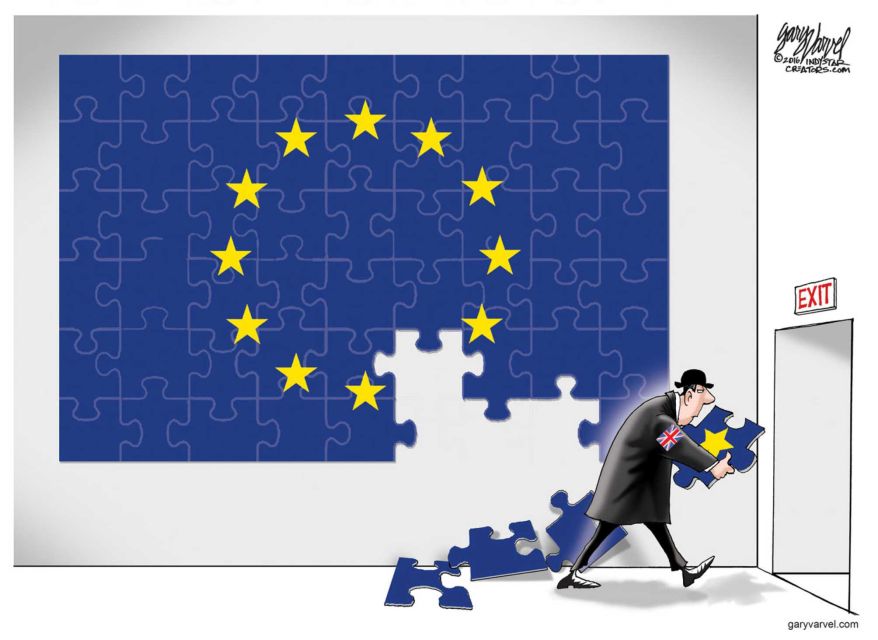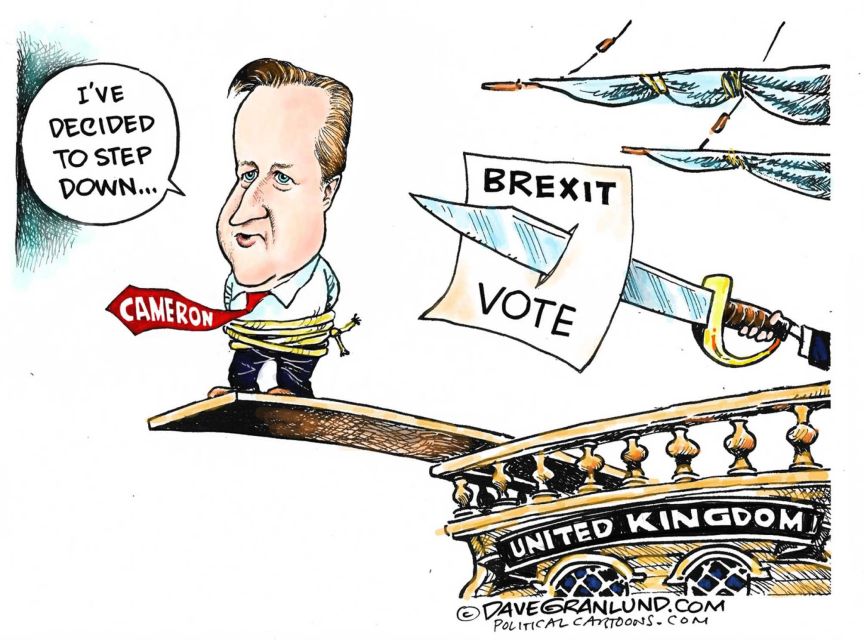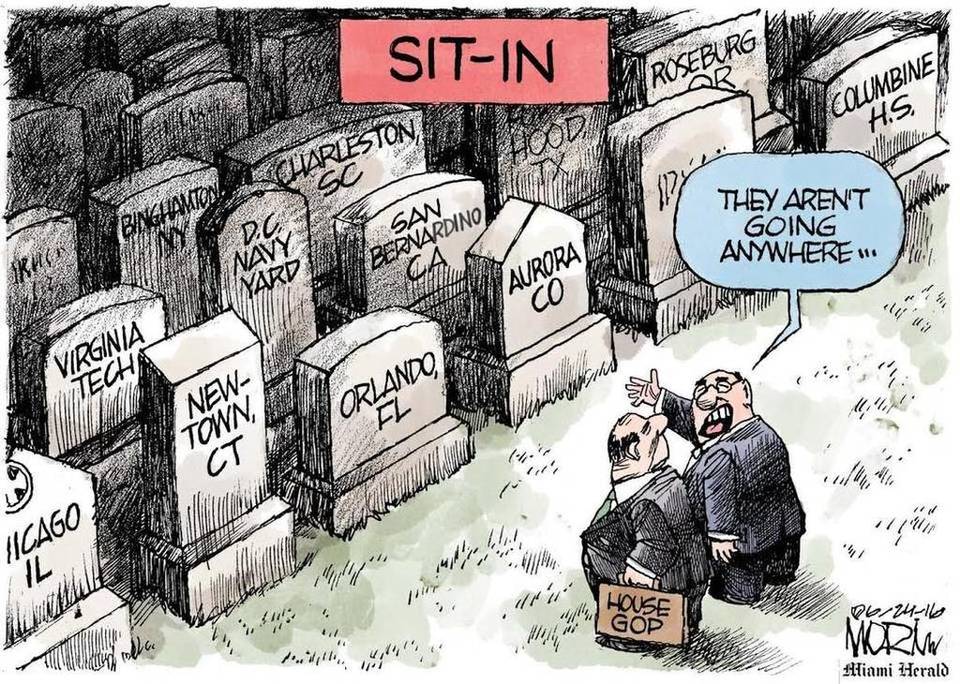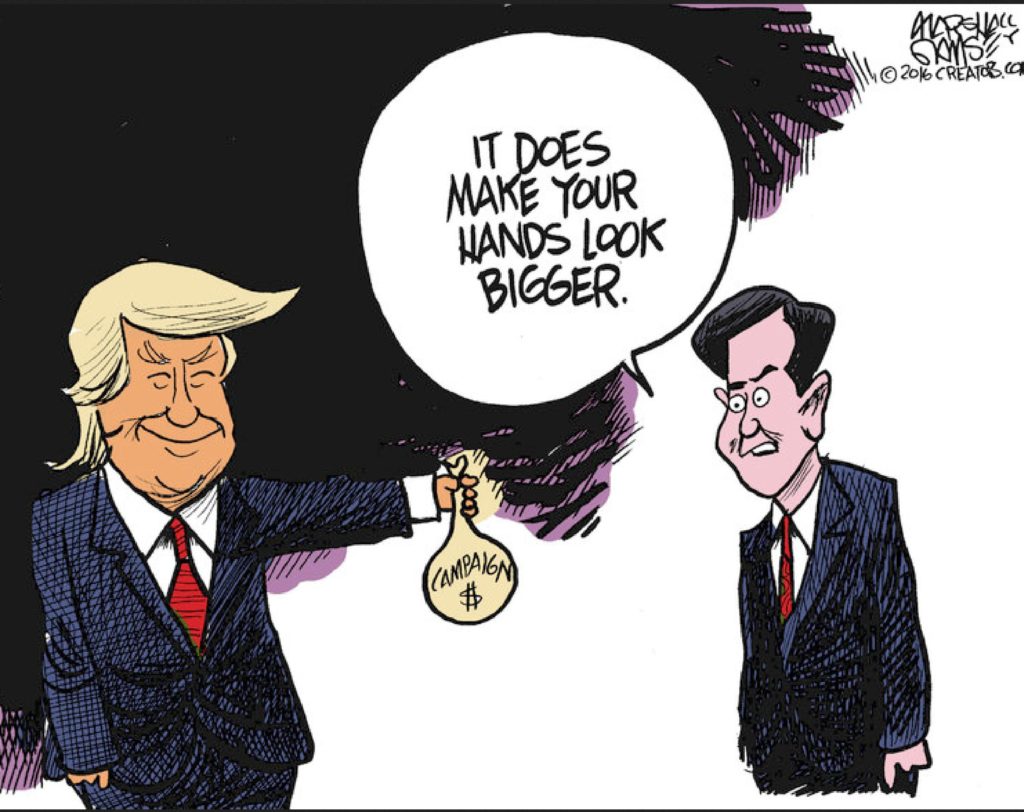Tom Hayden died on Monday. Like Bob Dylan, Nixon, Robert Kennedy, MLK and many others, Hayden was a part of inventing the 1960s as we remember them. He was best known as an anti-Vietnam War activist, but he was active in the Civil Rights movement and in other social causes.
In 1961, he joined the Freedom Riders, challenging Southern authorities who refused to enforce the Supreme Court’s rulings banning segregation on public buses. He was beaten for his efforts in Mississippi and then jailed in Georgia. Hayden was the first president of Students for a Democratic Society (SDS), a university-based student activist movement, started in 1962.
In 1968, Hayden helped plan the antiwar protests in Chicago that targeted the Democratic National Convention. Police officers clashed with thousands of demonstrators, injuring hundreds in a televised spectacle that a national commission later called a police riot. Yet, Hayden and others were charged by federal officials with inciting riot and conspiracy.
The resulting Chicago Seven trial was a classic confrontation between Abbie Hoffman and the other defendants and Judge Julius Hoffman (no relation), marked by insults, outbursts and contempt citations. The demonstration that led to the Chicago Police riot and the trial, is remembered for Mayor Richard Daly saying these infamous words:
Gentlemen, let’s get this straight. The policeman isn’t there to create disorder, the policeman is there to preserve disorder.
In 1973, Hayden married Jane Fonda, went to Hanoi and escorted a few American prisoners of war home from Vietnam. Later, he won a seat in the California Legislature in Sacramento in 1982, and served as an assemblyman and as a state senator, for a total of 18 years.
Last April, he explained why he was switching his vote from Bernie Sanders to Hillary Clinton in the California Democratic primary:
There are two Hillary Clintons. First, the early feminist, champion of children’s rights, and chair of the Children’s Defense Fund; and second, the Hillary who has grown more hawkish and prone to seeking “win-win” solutions with corporate America…
Hayden went on to say:
I wish our primary could focus more on ending wars and ending regime change too, issues where Bernie is more dovish and Hillary still harbors an inner hawk. Both Bernie and Hillary call for “destroying” ISIS, whatever that might mean—but it certainly means we are moving into yet another “war presidency”…
Hayden closed with this point: (emphasis by the Wrongologist)
So here we are, at the end of one generation on the left and the rise of another…We still need the organizing of a united front of equals to prevail against the Republicans….It’s up to all of us.
Hayden was a member of the Silent Generation, yet he willingly passed the activist torch to the current progressive political movement headed by Millennials, based less in marching and demonstrating, and more in social media, as the means of organizing support and expressing their activism. We saw this clearly with the Bernie campaign, where most of Bernie’s communication took place via social media.
We saw it in the aborted Occupy movement as well.
Trump has used social media to build a huge following. Now he is running a nightly newscast on Facebook. The first “broadcast” looked like a live TV newscast. There was a news scroll at the bottom of the screen, and there was also a button for donating to Trump’s campaign.
And this isn’t only an American process. In Hong Kong one year ago, as protesters fought against a proposed electoral rule change by Beijing, social media, and technology more broadly, were key to spreading the message that was heard not just by protesters, but around the world. Even those not attending were involved, showing solidarity with the protest was as simple as sharing an image of a yellow umbrella on Facebook, Instagram and Twitter.
Back to Hayden: Our society hasn’t paid much attention to the political activists of the 1960s in a long time. Groups like the Moral Monday movement are using a hybrid of the old civil rights strategy with large demonstrations in cities, backed by social media to organize public opinion, and drive turnout at their events.
Many in Hayden’s generation of civil rights and anti-war activists took on issues that divided America. The new progressive movement is now taking on those same issues all over again in a still-divided America.
The world of the 1960s and 1970s is far enough in the past that these activists who were young adults then, are now dying. But, our 2016 political landscape shows that we have yet to come to terms with that period in our culture.
The same problems exist. Let’s hope that this new generation of activists will be more effective in solving them.


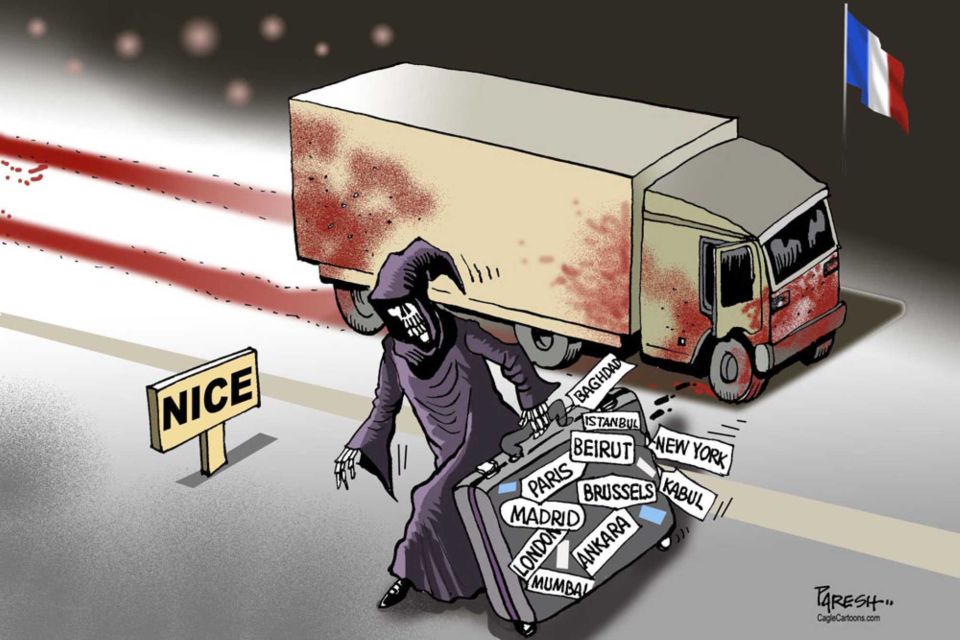

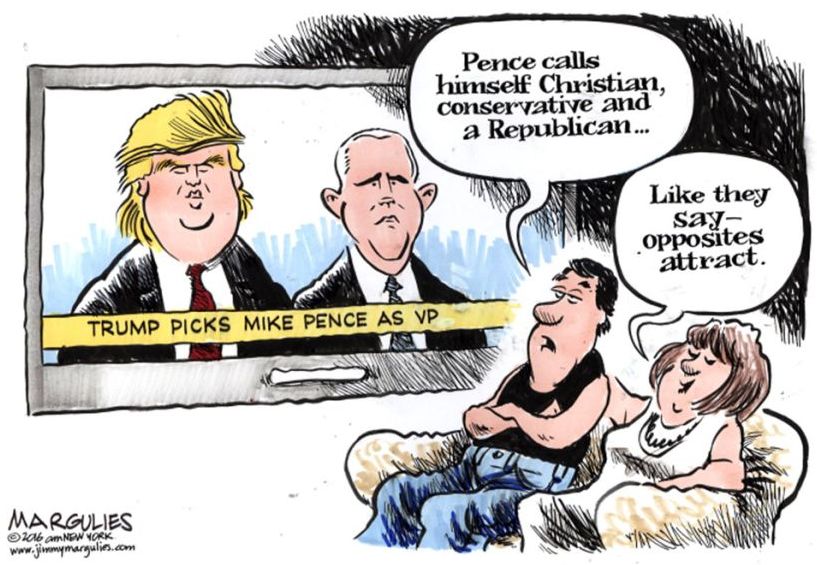

 America has decided:
America has decided: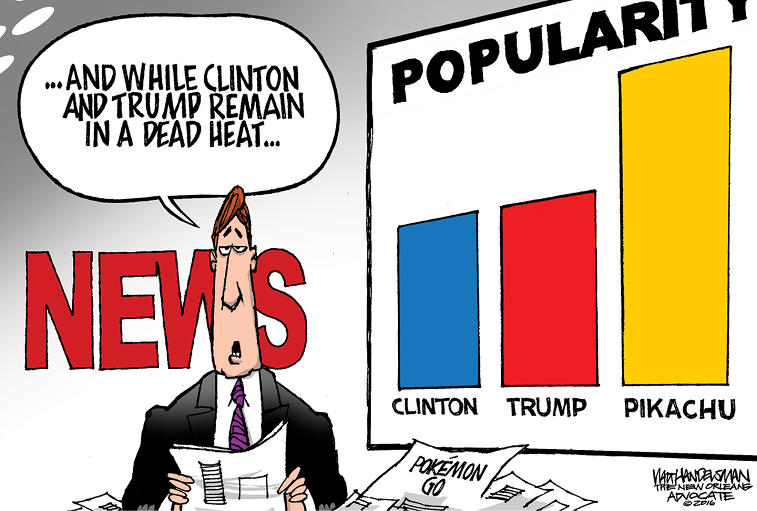

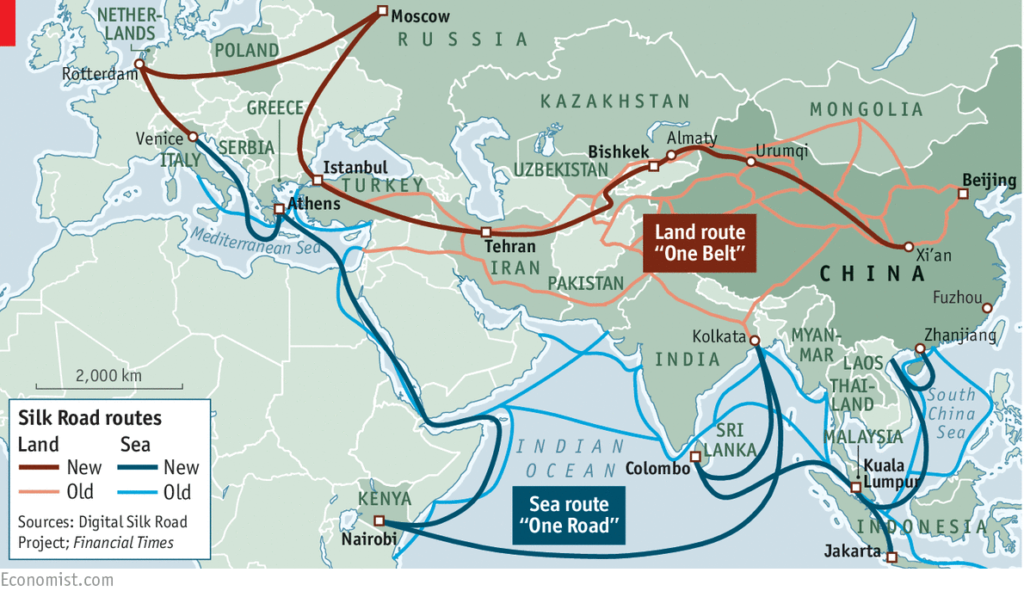 Source:
Source: 